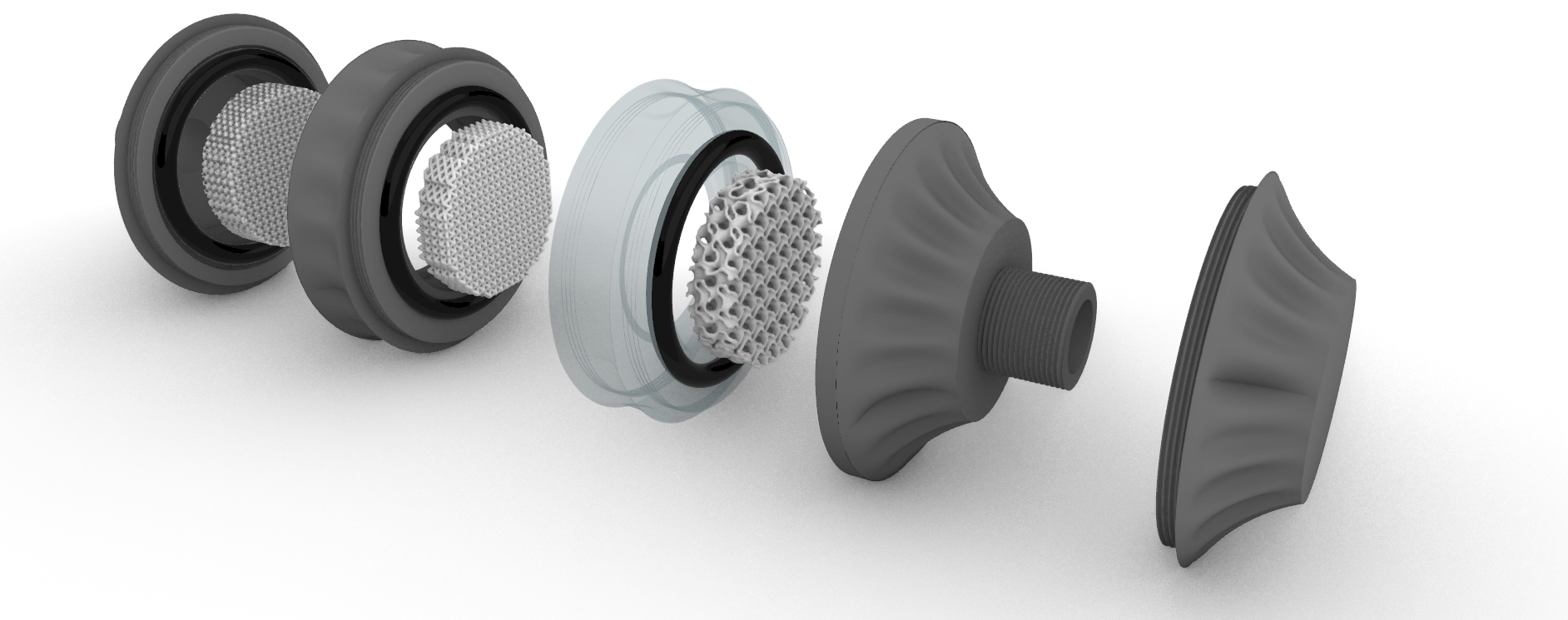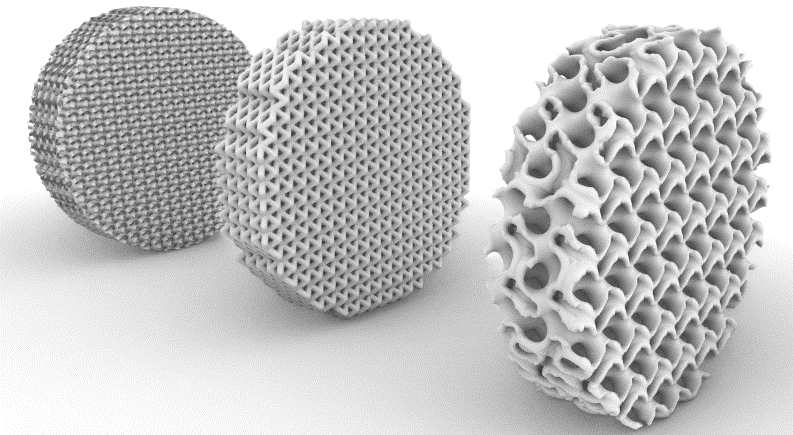
Water Filtration

Layered 3D printed water filters: A customizable, multimodal approach to water treatment
Access to affordable, clean drinking water is a burning problem for many people around the world. The main types of pollutants that affect drinking water include; heavy metal ions released from industrial waste/spills, toxic organic compounds from pesticides and pathogenic bacteria that can cause disease. The latter two are particularly important in many developing countries, along with water scarcity. Although various types of water treatment techniques are available to successfully tackle each of the above, highly efficient technologies that address two or more of them simultaneously, while requiring low maintenance are scarce, and forms the basis of this study.
The project aims to develop a low cost, reusable water filter, which will incorporate a “3-in-1” water treatment methodology to remove heavy metals, organic pollutants and microbial pathogens. The filter will be built via 3D printing technology, and will carry two novel materials for water treatment, developed by the Materials Group at KU. This technology will be disseminated for improvement of water quality in three selected DAC countries: Kazakhstan, Uganda and Mexico, via strategic collaborative partnerships established by the project team. These countries endure dire drinking-water pollution, instigated by oil refining, agricultural activity, and presence of disease-causing bacteria, all of which can be addressed from the proposed technology. In addition, the project has potential to enhance local economies by utilizing local resources as key raw materials for the filter, with potential to influence environmental policy beyond its current scope.
References
Perera & Coppens, “Titano-silicates: Highlights on development, evolution and application in oxidative catalysis”, Catalysis Volume 28 2016, 28, 119-143. DOI:10.1039/9781782626855-00119.
Perera et al., “Titanium(IV)-induced cristobalite formation in titanosilicates and its potential impact on catalysis”, J Mater Sci 2019, 54, 335.
Perera et al., “Optimization of mesoporous titanosilicate catalysts for cyclohexene epoxidation via statistically guided synthesis”, J Mater Sci 2018 53(10), 7279–7293.
Research concept: 3D printed meshes with tuneable sizes as a customizable approach to water filtration.
